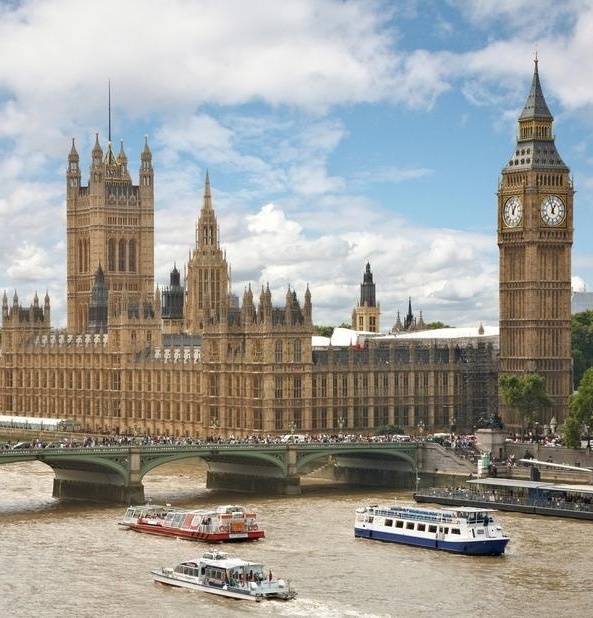UK unveils powers to spy on web use, raising privacy fears
Britain unveiled plans for sweeping new surveillance powers on Wednesday, including the right to find out which websites people visit, measures ministers say are vital to keep the country safe but which critics denounce as an assault on freedoms. Experts say part of the new British bill goes beyond the powers available to security services in the United States. The draft was watered down from an earlier version dubbed a “snoopers’ charter” by critics who prevented it reaching parliament.
What the British are attempting to do, and what the French have already done post Charlie Hebdo, would never have seen the light of day in the American political system.
Michael Hayden, former director of the U.S. National Security Agency and Central Intelligence Agency
Across the West, debate about how to protect privacy while helping agencies operate in the digital age has raged since former U.S. intelligence contractor Edward Snowden leaked details of mass surveillance by British and U.S spies in 2013. After Snowden’s disclosures, three major reviews cleared British spies of acting illegally but all agreed the laws needed an overhaul. The opposition Labour Party broadly supports the bill, but veteran Labour lawmaker David Winnick said if the proposals were passed without substantial amendments “it would be very unfortunate and a bitter blow for civil liberties”.
It will provide the strongest safeguards and world-leading oversight arrangements. And it will give the men and women of our security and intelligence agencies and our law enforcement agencies … the powers they need to protect our country.
Home Secretary Theresa May

snooper's charter Politics